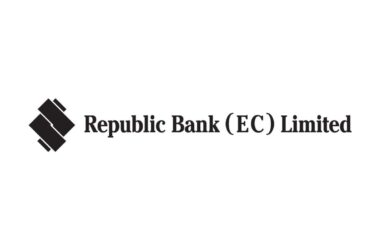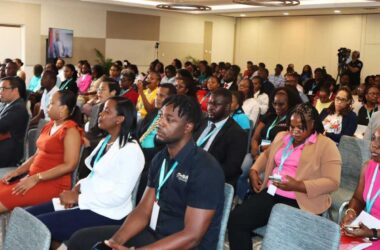An In-depth Look at the Recommendation 11- Record Keeping
Record keeping is a bedrock for proper business administration. Recommendation 11 of the Financial Action Task Force (FATF) 40 Recommendations, covers record keeping.
Financial Institutions and businesses engaged in other business activities, such as jewellers, lawyers and real estate agents are required to maintain records on domestic and international transactions. These records may include business correspondences, information on unusual large transactions, account files and information obtained whilst conducting customer due diligence such as copies of official identification. The information collected should be in such detail as to facilitate the reconstruction of individual transactions if required by a domestic competent authority, such as the Financial Intelligence Authority (FIA).
This Recommendation requires information to be kept for at least five years after the conclusion of the business relationship and this should be enshrined in law. Financial institutions and entities engaged in other business activities should be able, when a request is made by the competent authority, to produce the records promptly.
This Recommendation is covered under the Money Laundering (Prevention) Act, Cap.12.20. Section 16 (1)(a) of the Act states “a financial institution or a person engaged in other business activity shall establish and maintain transaction records for both domestic and international transactions for a period of seven years after the completion of the transaction recorded”. Section 16(8) of the Act mandates that records are to be kept in a format that allows for easy retrieval, to assist in investigation and prosecution of money laundering offences.
Failure to comply with these requirements constitutes an offence, and upon conviction, an individual can be fined no less than one hundred thousand dollars, but not exceeding five hundred thousand dollars or imprisonment of seven to fifteen years or both.
During the onsite visit from September 16-27, 2019, the assessors from the Caribbean Financial Action Task Force (CFATF) will seek to determine from financial institutions and persons engaged in other business activities whether these requirements are being met. The list of businesses that fall within the category of Other Business Activities can be found in Schedule 2 of the Money Laundering (Prevention) Act, Cap. 12.20. Additional information on this recommendation can be obtained from the CFATF’s website at https://www.cfatf-gafic.org.
Editor’s note: The preceding is Part 13 of a series by The Attorney General’s Chambers and the National Anti-Money Laundering Oversight Committee (NAMLOC) which will in the weeks to come shed light on the 40 recommendations of the Financial Action Task Force.














